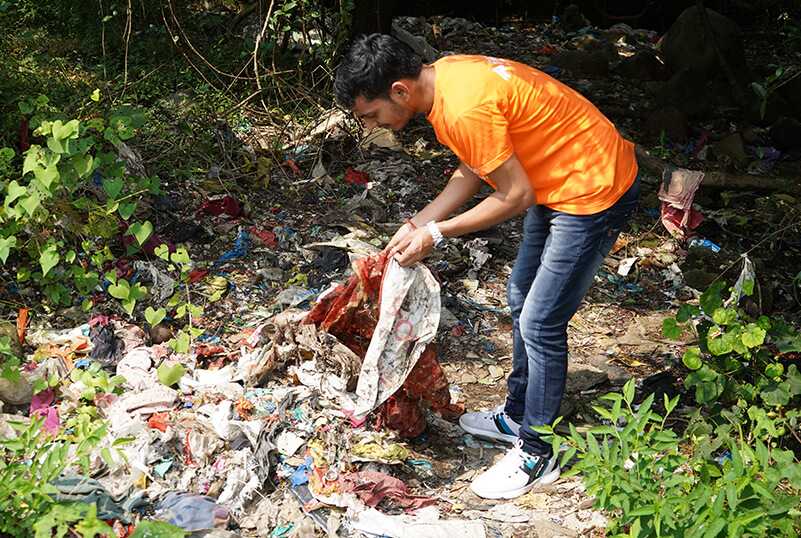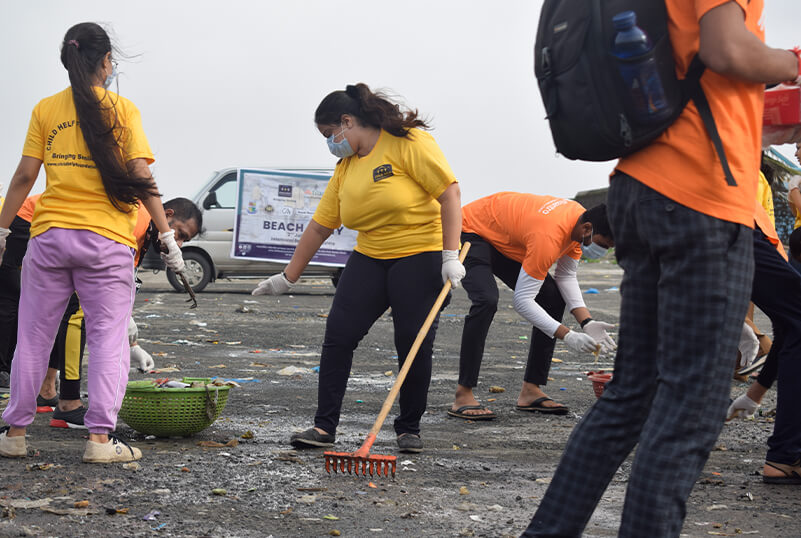Every year on December 2nd, India observes National Pollution Control Day. It is a significant reminder of the dire consequences of pollution and a call towards a cleaner and greener planet. This day commemorates the tragic incident of the Bhopal Gas Tragedy in 1984 , one of the world's worst industrial disasters, where a highly toxic gas methyl isocyanate (MIC) leakage from Union Carbide India Limited (UCIL) pesticide plant claimed thousands of lives and affected countless others.
The Significance of National Pollution Control Day
As per the World Health Organization (WHO), air pollution alone claims 7 million lives annually, with 2.4 billion people being exposed to dangerous levels of household air pollution. The observance of National Pollution Control Day serves as a solemn reminder of the importance of stringent measures required to control and prevent pollution on water, land and air. It is also a day to reflect on the Bhopal Gas Tragedy and emphasise the need for both governmental regulations and individual responsibility to avert disasters caused due to environmental pollution.
Reflection on the Bhopal Gas Tragedy
The Bhopal Gas Tragedy was a wake-up call, highlighting the catastrophic implications of industrial negligence. It brought to the forefront the devastating impact of pollution on human lives, ecosystems, and the environment. The disaster remains a poignant lesson, enhancing the need for stringent regulations, responsible corporate practices, and heightened awareness among citizens about the hazards of pollution.
Importance of Pollution Control

Pollution, in its various forms - air, water, soil, and noise pollution - poses a grave threat to public health. From respiratory or cardiovascular diseases caused by polluted air to contaminated water sources affecting communities, the consequences of pollution are far-reaching. Implementing effective pollution control measures is crucial to mitigate these factors and safeguard the well-being of current and future generations. This includes embracing sustainable practices, cleaner technologies, and limiting harmful emissions and waste disposal.
Role of Individuals and Communities

While government policies and industrial regulations play a pivotal role, individuals and communities also hold significant power in curbing pollution. Small, conscious efforts collectively contribute to a healthier environment. Simple actions like reducing waste, conserving energy, using eco-friendly products, and advocating for cleaner practices can make a substantial difference.
National Pollution Control Day acts as a reminder that the battle against pollution is ongoing and demands continuous efforts from all sectors of society. It's a day to renew our dedication to environmental safety, promote responsible actions, and work collectively towards a world where pollution no longer threatens the health and well-being of people and the planet.
Child Help Foundation has organized several beach cleaning drives in Mumbai. So far, they have collected and removed 1,85,960 kgs of debris and plastic materials saving millions of aquatic life. They urge to remind everyone that every positive action counts towards a cleaner and more sustainable environment.
Let us honour National Pollution Control Day by pledging to take concrete steps, both individually and collectively, to control pollution, ensuring a sustainable and healthier tomorrow for all.
